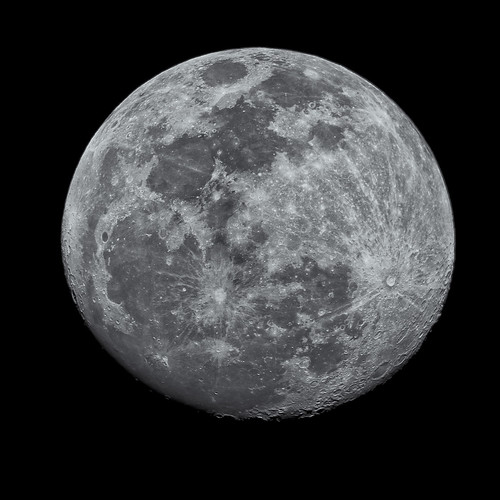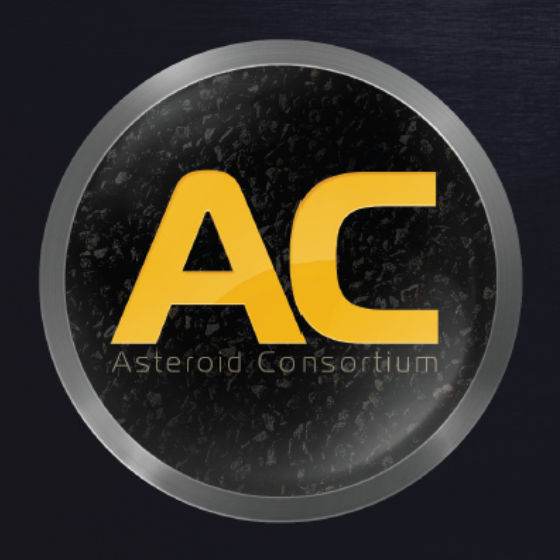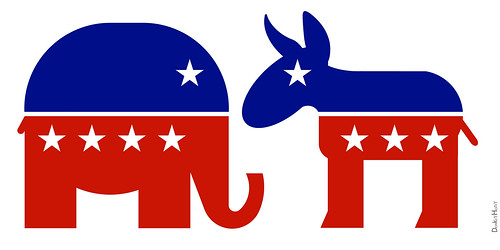Happy Summer Solstice!
It’s officially Summer, astronomically speaking, and as I said last week it turns out my novel was not a “Spring release” after all. C’est la vie. I wish I could tell you when it will be available, but alas I cannot. The good folks at WordFire Press last told me “end of June,” but that’s not looking too good from this vantage point — so I expect it to be a few more weeks yet.
By way of apology for not being able to give you more definite information, I present to you another excerpt from Walking On The Sea of Clouds. This excerpt introduces Van Richards, an irreverent but passionate “grunt” on the Asteroid Consortium team, during his mission to set up part of the infrastructure to support the lunar colony.
Bright sunlight bathed the lunar highlands: along rills and near rocks, it cast short but ever-lengthening abyss-dark shadows.
It was a lot better to get this job done in the daylight than the darkness, as far as Van was concerned. As sunset approached, there would be precious few sunlit swathes left. And the big lights on the front of the rig would barely penetrate the darkness.
A chime sounded from the control panel in front of him; if Oskar had taken off on time, he should be in the area soon. Van checked the frequency and keyed his microphone. “Oskar, this is Van,” he said, dispensing with all radio protocol. “You out there, Oskar?”
The radio crackled a little. In keeping with the Consortium’s low-ball approach, its electronics were nothing fancy but easy to repair. Van waited a few more minutes, then repeated the call. He was about to transmit a third time when Oskar’s voice blared from the speaker.
“Lima Victor November, this is Lima Sierra Oscar Victor, over.”
“Hey, Oskar! Been waitin’ for you to call. Where are you?”
Oskar sounded annoyed. “Roger, LVN. We’re coming up on your left, Van, about a thousand meters high. I can see you clearly. Looks like you’re right on time, over.”
“Sure we are, Oskar. Where else would we be?” Van snuck looks out the left-hand window for the suborbital vehicle. “Hey, why don’t you drop down and scout out ahead for us?”
“Negative, LVN. That’s not in the flight plan. That route hasn’t changed since the last time anyone drove it, over.”
Van chuckled. Oskar loved flying almost as much as Henry, but he was so by-the-book that he wouldn’t take a risk unless it really needed taking. If even then.
“You never know,” Van said. “Some transie could’ve burst out, right on our path. You’ll regret it if we drive right into a sinkhole.”
“Negative, LVN,” Oskar said.
Van chuckled again. No, I don’t suppose you would, Herr Hintener.
“I see you now, LSOV,” Van said, slurring the acronym into “ellessovee.” The suborbital vehicle was about sixty degrees up and not quite abeam—call it about 8:30, moving to 9:00, on an analog clock. He was surprised he could see the vehicle at all: the bright sunlight and the lights in the cab washed out just about every outside light source. The flyer was visible only because it caught a good bounce from the Sun. The hydrogen-oxygen flame propelling the flyer burned clear, and even if he was at the right angle the glowing hot exhaust bell would be practically invisible to him. As it was, the reflected light would change and he’d probably lose sight of it before long.
Van noted the suborbital vehicle’s forward progress, and frowned a little. Oskar wasn’t trying very hard at all. He had enough fuel to fly nap-of-the-moon, but he’d programmed a semi-ballistic trajectory that let him coast after the initial boost. Knowing him, he’d probably programmed it close enough that he’d barely have to light the engines to touch down right at the rendezvous point. You’re sharp, Oskar, but you’re not much fun.
“Looking good, Oskar. See you at the implant point.”
“Affirmative, LVN. Watch out for the transies, over.”
Van switched off the microphone. “Good one, Oskar.” Even if a transient lunar phenomenon had lit off recently right in the middle of their path—which he supposed they would know, since so many people back on Earth were watching the Moon these days—it wouldn’t affect them that much. Whether it was outgassing or a minor impact, all it might do is raise a brief spray of dust; the big truck would just roll along pretty as it pleased.
Van switched to intercom. “Grace, you up? We’re coming up on the setup site.”
She answered right away, but she sounded sleepy. “Yeah, I’m up. Oskar’s nearby?”
Van looked back into the sky, but as expected the LSOV was out of sight. “I had eyes-on a second ago, but not anymore. He’ll be down and cooling when we get there.”
“Roger. Do I have time to grab something to eat?”
“Oh, yeah, plenty. We’re still about twenty-five klicks out, so it’ll be over an hour.”
“Okay. I’ll start running the arrival checklist in about thirty minutes.”
“Suit yourself, Telly.”
“I will,” Grace said.
“Ha-ha. Hey, leave me a little something, okay?”
“Why? You never leave me anything.”
Van smiled. “I’m still a growing boy, don’t you know?”
Grace didn’t answer, but that was okay. And Van didn’t care too much if she left him anything or not; Grace Teliopolous lived up to her Georgia Tech reputation as a “helluvan engineer,” but she was not a cook.
An hour later, the LVN-1 crested a rise and Van looked down into a wide valley. In the distance a few large rock formations cast reaching fingers of shadow, but most of the low valley seemed almost to glow.
And in the middle of the glowing field stood a manmade rock that cast its own shadow in Van’s direction.
Van had already set the vehicle’s radio to broadcast. “I see you, Oskar.”
“Roger, LVN, we have a visual on you also. Come on down and join us.” Oskar sounded as if he was sitting in the cab next to Van. “Henry and I are getting ready to exit the LSOV, over.”
An “X” appeared in the box on the checklist screen to Van’s left, in front of the “Establish close proximity line-of-sight communications” step.
Van smiled at his reflection in the head-up display. He puffed his chest and said, “Roger that, Lima Sierra Oscar Victor. We read your last transmission five by five, and copy your checklist telemetry. Copy your intention to commence Echo Victor Alpha and begin stabilizing Lima Papa Papa November Three and the Romeo Oscar Papa Sierra.”
Van wasn’t sure if it was Oskar or Henry Crafts who laughed over the radio, but it was certainly Oskar who spoke. “Alright, Van, just get your ass down here and get to work.”
Thanks for reading along! I’ll post more details about the book’s release as I have them.

(Image: ” Moon Waxing Gibbous,” by John Spade, on Flickr under Creative Commons.)
___
P.S. If you’re not already getting it, I’d be pleased if you would sign up for my newsletter. I try to make it more personal, and more conversational, than the blog — and it’s usually more timely, too. Plus, you get a free nonfiction e-book for signing up!














